THIS WEEK IN REFLECTION
Back to school week! Huzzah! I have no clue why colleges around here don’t start on Mondays, but that meant my first day was Wednesday. Introduction to Interpreting, taught by my advisor, is a first step in getting us used to interpreting and includes lessons ranging from practical (wardrobe and invoicing) to theoretical (how to analyze the internal workings of your interpreting when you can’t see the process). I have an hour break during which I eat lunch and read in a corner where I feel comfortable taking off my mask.
Next, it’s off to ASL 4, which is with the same professor from last semester, but with a whole knew pedagogical strategy: the flipped classroom. In the flipped classroom, students complete what would normally be homework during class with the professor there to assist. When I was a professor the flipped classroom was all the craze in theory, but I never knew anyone who did it. I tried to some extent when I was teaching advanced writing, but that was in a prison classroom, which made everything harder in general (and some prisoners refuse to write if I can see them, which is . . . not surprising).
With ASL, in class I watch a video of the professor teaching a subject, and I can pause when I want to take notes, repeat a sign, or ask the professor right there in the room what a sign means. I’m excited! Since ASL is a four credit class and we only meet three hours, we are now required to do 40 hours outside of class during which we are signing and seeing others sign, preferably Deaf people and not just other students. A silver lining of the pandemic is large cities with ASL social groups that normally meet in person are now all online.
Last, I have Technology for Interpreters, a one credit course that is largely self-driven online. Here, we will learn about branding, creating sample videos of our interpreting styles, and develop a professional website — something with which I am familiar!
THIS WEEK’S BLOG POSTS
For some reason, at the beginning of 2022 I’m really leaning into my reading projects, namely 1) to read books by and about fat women and non-binary people and 2) to read more memoirs, fiction, and nonfiction by and about D/deaf people. You’ll be getting a healthy dose of that for a bit here. Thanks to everyone who has encouraged me by noting what they’ve learned about Deaf Culture and D/deaf people after reading my review of The Deaf House by Joanne Weber. And for those of you who checked into your country’s laws about people in fat bodies (this seems to be the main thing that stuck out in my review of What We Don’t Talk About When We Talk About Fat by Aubrey Gordon), I applaud you for doing the work to inform yourself about your community. Now, what will you do with that information?
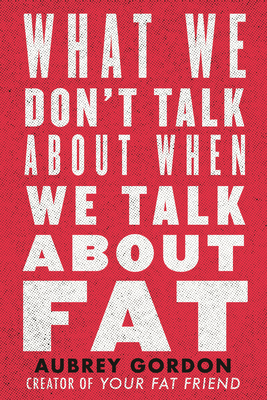

NEXT WEEK’S BLOG POSTS
Near the end of 2021 I asked Biscuit if she wanted to read something for the season as our book club approached Christmas. She chose The Book of Longings by Sue Monk Kidd, a work of historical fiction told from the perspective of a rebellious scholar who was Jesus Christ’s wife. Review Tuesday.
In the local history section of my public library I found The Hearing Eye by Catherine Coppes, a short memoir about her journey from mocking hard-of-hearing people to denying her own hearing loss, getting hearing aids, and then sharing her experiences to encourage her community to ditch negative stereotypes about deaf and hard-of-hearing neighbors. Review Thursday.
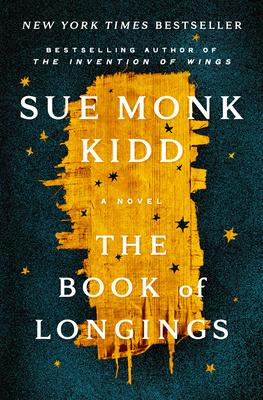
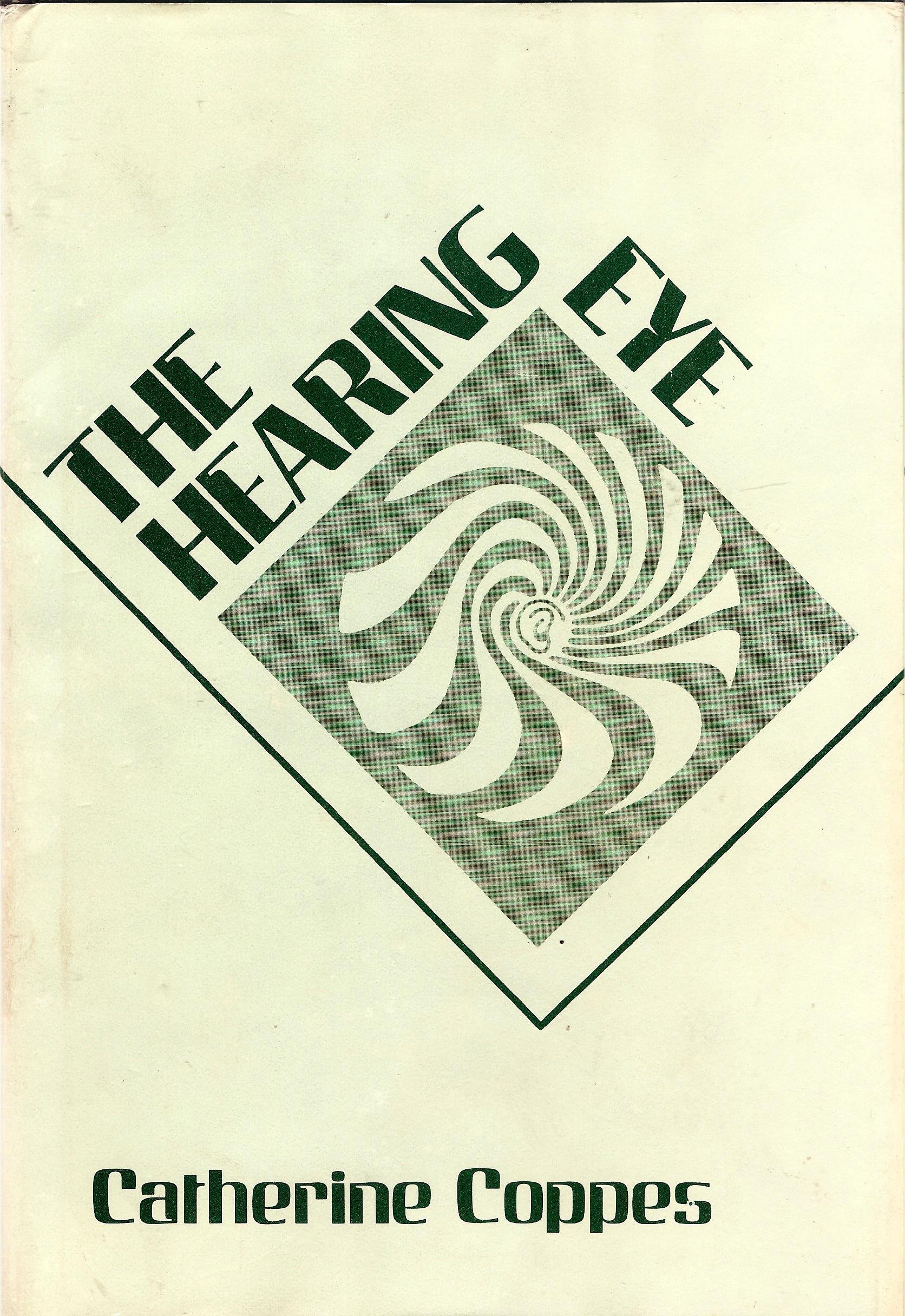
BOOKS ADDED TO THE TBR PILE
Owned Books on TBR at Beginning of Year: 202
Owned Books on TBR Last Week: 200
Owned Books on TBR Today: 201
Thank you to Bill @ The Australian Legend for his recommendation!

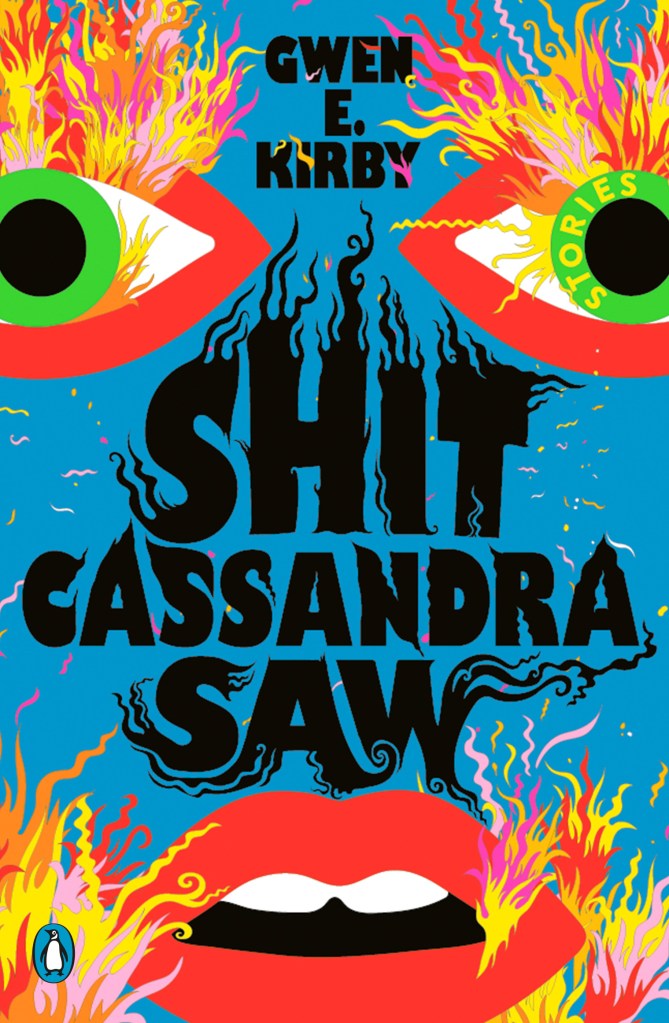

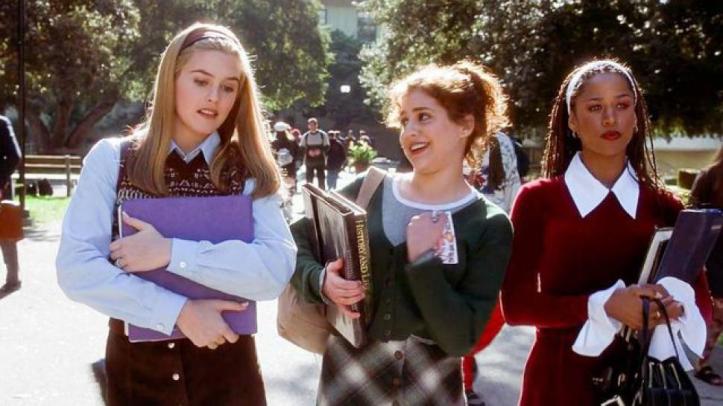

Well what I’m doing now I know more about my country’s laws about people in fat bodies is being armed with more detailed information to allow me to call stuff out if I witness it (actually, people in bodies that the authorities consider to be non-standard, as my dear very slight friend with a severe enduring eating disorder faves a lot of prejudice from the medical community for a start).
LikeLike
I went to an event on MLK Day, and the speaker talked about how racism and oppression slowly grows. Thus, if someone says something wrong, we shouldn’t talk about it later quietly with another person, we should call it out right then when we hear it.
LikeLiked by 1 person
I read The Invention of Wings by Sue Monk Kidd years ago and really enjoyed it. I always think about trying other stuff by her but it just hasn’t happened. Interested to see what you think of your buddy read with Biscuit.
I’m glad that we’re both off to a good start with school. May the semester bring much joy and good grades!
LikeLike
Loved The Invention of Wings too – I was completely unaware of Sarah Grimke, and her story is really inspiring. The other SMK I’ve read is the Secret Life of Bees, which was ok but not as good (and really, not her story to tell).
LikeLiked by 1 person
I want to say The Secret Life of Bees is the novel for which she is best known. I believe it was made into a movie, too?
LikeLike
I’d heard of Sue Monk Kidd because she’s popular with library folks, but I hadn’t read her before. I did enjoy her ability to really craft the setting. I wasn’t always right in the details, I don’t think, but I could picture the larger location, such as the move from Nazareth to Alexandria.
LikeLiked by 1 person
Your course work sounds very demanding but clearly you are enjoying the experience
LikeLike
There certainly is a lot to do with the fieldwork part of ASL, but the people are interesting.
LikeLike
that will certainly help
LikeLiked by 1 person
I really enjoy hearing about your classes and the practical methods of learning and using what you learn. Hope you’re having a restful weekend!
LikeLike
I plan to share more with you guys about what I’m learning in the Interpreter Technology class on the next Sunday Lowdown. It’s about website development and creating a brand, but doing projects for which we look at other people’s blogs and figure out what works and doesn’t it something I wish I knew more about before I started GTL.
LikeLiked by 1 person
What Karissa said! 🙂
LikeLiked by 1 person
Do deaf people mind you practising ASL on them ? Or do you mostly just mingle and watch (do you ‘overhear’ private conversations way over in a distant corner?)
I really enjoy the conversations that follow, particularly from a ‘fat fiction’ review. Everyone seems to get stuck right into it.
I know, I just like to see my name in lights. You’ll enjoy Carmen Dog, I’m sure.
LikeLike
There is a balance of not using a Deaf person as free labor (“teach me!”) and learning on my own and asking for clarification on a sign they use that I don’t know. In general, folks are really friendly and happy that other people want to learn, and they’re happy to make new friends just like the rest of us. As for private conversations, if they’re signing and other people can see them, it’s not considered private. Part of the culture!
You cracked me up when you wrote on your review that you were excited that I would thank you for your review! I thought of it as giving folks credit, but I’m happy to know it’s an exciting moment, too.
LikeLike
Good luck with all your classes! Your interpreting class sounds really interesting.
LikeLike
Thank you! It’s been a wild start. Everything is different and new, but exciting, too.
LikeLiked by 1 person
Loved hearing about the courses you are doing. Education fascinates me, so I’m always interested in what subjects make up a course of study.
Last year, I would have easily made the 40 hours of watching ASL (well ASLAN) because we watched a couple of hours of COVID press conferences pretty well every day for 2 months, and they were all signed. We often ended up watching the signer more than listening to the speakers. We noticed that signers pretty well always wore black or another plain dark colour, and presumed that was to make their signs easier to see.
Anyhow, hope this term/semester goes really well for you.
LikeLike
Ah, yes! We have been talking about clothing for a day or two. I hadn’t realized things to consider depending on the job. For instance, what do you wear to a fancy, formal event? What if you’re interpreting a swim with dolphins and your glasses have transition lenses? What should you wear if you’re interpreting a juggling show?
LikeLike
Wow, even more complicated than I thought. That could all get a bit expensive unless you can work out a small number of “classics” that will serve multiple purposes.
LikeLike
Seems to me I could get some sort of black top that goes over the dresses I already own. We shall see!
LikeLiked by 1 person
Good idea. Black jacket?
LikeLike
Possibly!
LikeLiked by 1 person
So I may sound quite ignorant here, but I didn’t realize that as an interpreter, you are essentially going to be running your own small business? Like, marketing yourself and your services for people to hire? This is very cool!!!
LikeLike
You want to be easy to find and showcase your skills, history, personality, etc, from what I understand. Some folks go the route of working full-time for an agency, but others pick and choose when they get calls. So, perhaps it is like a small business in some ways!
LikeLiked by 1 person